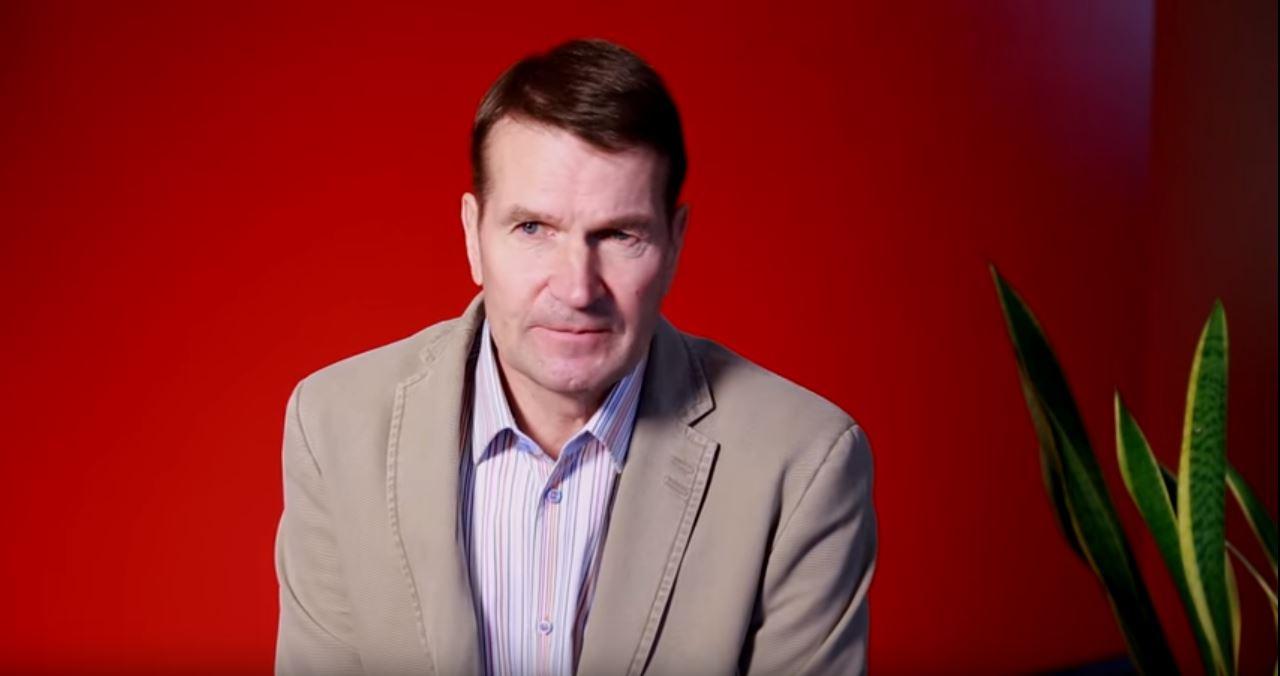
The head coach of Jokerit Helsinki Erkka Westerlund highlights the importance of recovery both in professional sports and work life.
In a professional athlete talent, hard training and ability to recover come together. We still don’t understand the meaning of recovery sufficiently, says ice-hockey coach, and former head coach of the Finnish national men’s ice hockey team, Erkka Westerlund.
Currently Westerlund is coaching Jokerit Helsinki ice-hockey team that plays in the Kontinental Hockey League (KHL).Westerlund attended the stress seminar of Firstbeat Technologies on Wednesday.
Westerlund and team Jokerit have utilized the Firstbeat heart rate variability (HRV) monitoring in coaching to measure the sufficiency and levels of exercise, stress, rest, sleep and recovery.
“What surprised me the most was the importance of rest and recovery on the athlete’s performance. The measurement showed when recovery started and how long it lasted. When an ice-hockey player trains approximately four hours a day, the remaining 20 hours of the day become crucial. It shows how well the recovery develops the player as an athlete”
Sleep is the best way for an athlete to recover. But recovery goes beyond just rest and relaxing. It means all free time activities that promote the athlete’s recuperation and improve performance. Recovery can be all sort of activities as long as it means the “relaxation of the body and mind” after high adrenaline levels from training and games, says Westerlund.
He sees the follow-up of recovery even as more important than following the development of the actual sports performance.
Measurement of Recovery Resulted in a Number of Changes
The measurements opened a number of new things for Westerlund. There were many things that were changed in the way the team trains.
“After a 9pm evening match, the players’ recovery doesn’t begin until 7 to 9 hours from the game i.e. small hours of the day. Had we hold on to our usual 9am morning training, the players’ would have had only few hours for good recovery”.
Nowadays the earliest training of the team is held at lunch time. Time on ice has been decreased and in turn replaced with more strength training. For away games we fly right after our evening game to get ready for the next day’s match.
Playing in the KHL has also increased the need to travel and the team had to evaluate the effects of the four different time zones in Russia. Westerlund together with the coaching team decided to stay in Finnish time to minimize the effects of time difference and the stress and overload it causes.
Applying the Rules of Professional Sports to Working Life
According to Westerlund many rules from professional sports can also be applied in work life.
”The prerequisite for all learning is understanding where you are at. Also at working life, it is not possible to progress unless constantly paying attention on developing oneself.”
The model of training and recovery can also be applied at the work place. Do not only focus on performing your daily tasks but alike ensure that you recover well. Only this way your work performance can see improvement, says Westerlund.
With Westerlund’s lead the Finnish ice-hockey team took the Bronze medal from Sotš Olympic Games and silver in the World Championships a year ago.
“Managing a team means the management of individuals. On ice as well as at the work place. In order to lead yourself, you need to know yourself.”
A manager can be surprised by having the role of key player in the team.
“In Sotš last year, I experienced an entirely new feeling of performing – thanks to Teemu Selänne. With him, the entire team experienced a flow feeling that was impossible to imagine beforehand. This means reaching something that you did not know was possible. “
Translation from Kauppalehti 21.5.2015